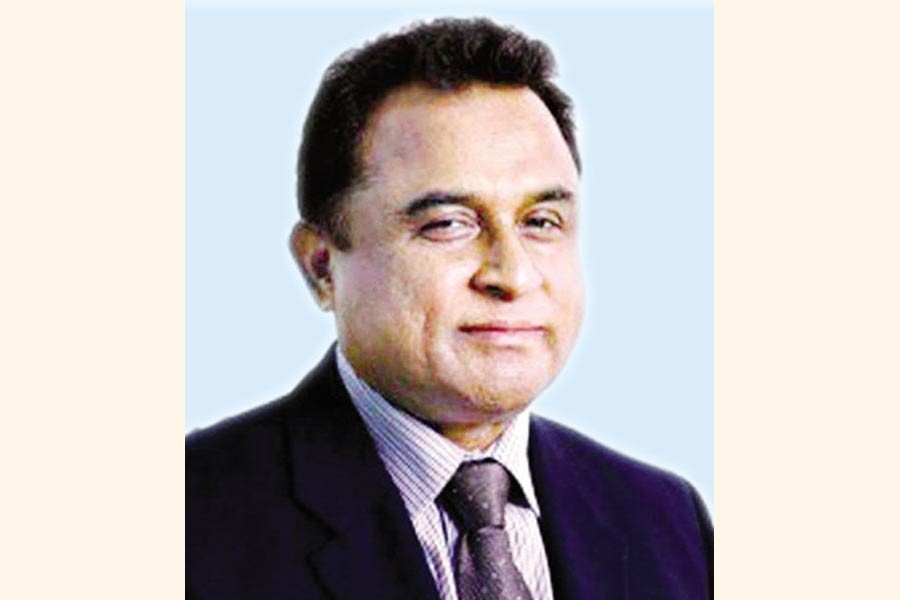Finance Minister AHM Mustafa Kamal on Wednesday came down heavily on the World Bank (WB) and the International Monetary Fund (IMF) for frequently changing the forecast on gross domestic product (GDP) growth.
"Why the World Bank says so I know and the World Bank knows too. You also can assume why it says so," he told reporters, in response to a question about the World Bank's latest forecast on Bangladesh's GDP growth for the fiscal year 2020-21.
The World Bank on Tuesday released its report titled 'Global Economic Prospects', saying Bangladesh's GDP growth may stand at 1.6 per cent in the current fiscal year.
"Both the organisations are situated in one building. Both of them change their forecast every week. How many times they change forecast in a month," Mr Kamal said, adding: "There is no similarity (in forecasts) between one and the other."
The minister was briefing newsmen after the virtual meetings of the cabinet committee of economic affairs and government purchase.
In response to another question about legalising the undisclosed money, the minister said that in last six months, over Tk 100 billion has been whitened, increasing the flow of money to our economy.
"We want to legalise the undisclosed money and that's why it happened," he said.
The minister said that due to the high fees and stamp duties, many show apathy in registration of properties. So, the government was not getting the revenue properly.
In many cases, the proper value of properties while changing hands is not often shown, he said, adding that is why the stamp duty has been reduced.
He also said that incentive is given for the remitters who use legal channel. That is a reason why some Tk 400 billion came in remittances in last six months. By the end of the current fiscal year, the remittance inflow will stand nearly Tk 800 billion, he said.
"This money will go to the stock market," he said, adding that the multiplier effect of this money on the economy is very high.
Mr Kamal said he wanted legalisation of undisclosed money since this are being created due to the lack of proper policy.
In Bangladesh, he said, the tax rate was very high. "It needs to be brought down to a competitive place."
Regarding the interest rate on bank loans, the minister said the rate was very high here, but was brought down for the sake of industrialisation.
Replying to another query, he said, many people have tax identification number (TIN), but the government is not getting revenue properly.
"We are thinking of only one area, that is automation of tax collection. We have to go for full automation. Until and unless we are successful in digitising our system, the problem will remain," he added.


